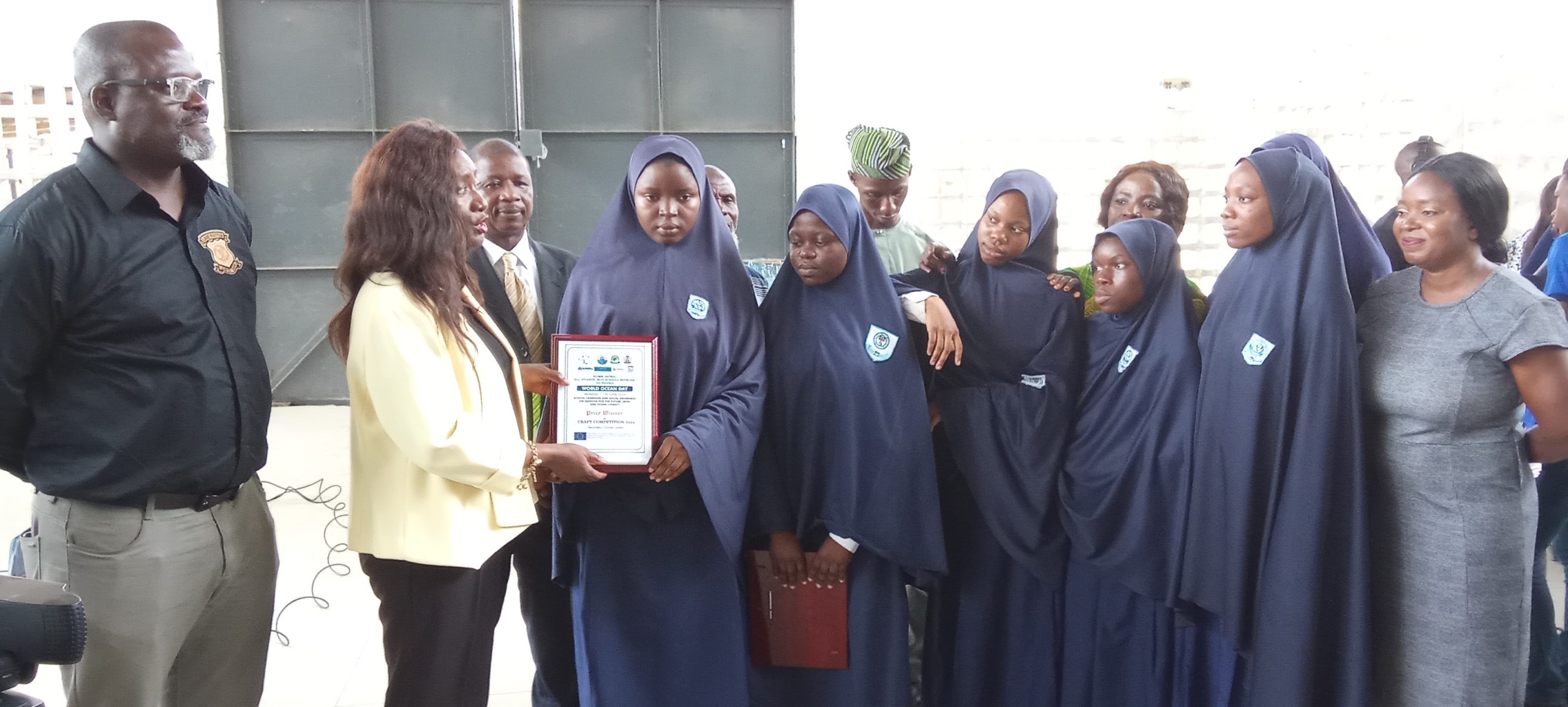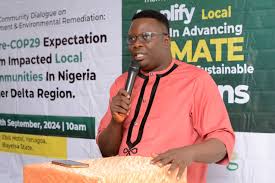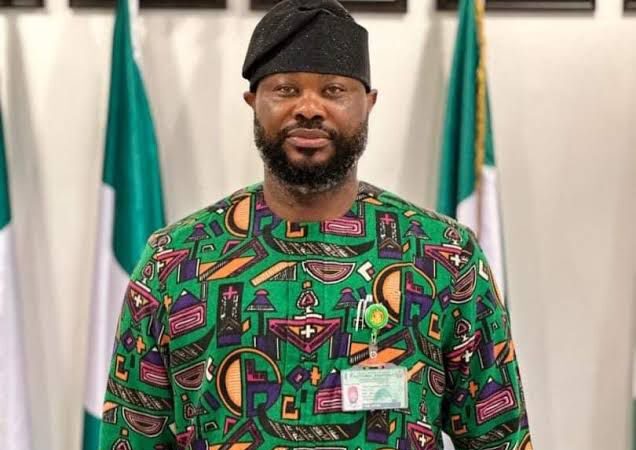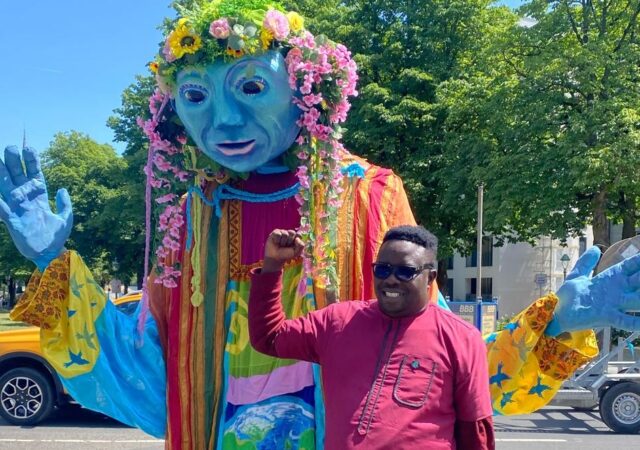Stakeholders and Experts, under the aegis of the Nigerian Institute of Oceanography and Marine Research (NIOMR) and the International Ocean Institute – Nigeria (IOI-Nigeria) have advocated for more inclusive conversations and exploration of strategies towards harnessing blue economy opportunities in Nigeria.
This event occurred in commemoration of the World Oceans Day 2024.
Hosted by NIOMR, on June 11, 2024, this year’s theme, ‘Awaken New Depths’, “Is both a call to action and a reminder of the vast, unexplored potential that our oceans hold”. says the Executive Director / Chief Executive of NIOMR, Dr Sule Abiodun.
According to the NIOMR CEO “The theme challenges us to deepen our understanding, enhance our stewardship, and innovate in ways that ensure the sustainable use of ocean resources for generations to come”.
Laying emphasis on the CEO’s comments, the IOI-Nigeria Director, Mr Akanbi Williams stated, “This is a call for us to explore, understand, and protect the mysteries and wonders beneath the waves”
“It is a theme that invites us to deepen our understanding, expand our compassion, advance our scientific knowledge, foster collaboration, and solidify our commitment to the health of our oceans”, Mr Williams emphasized.
Putting context to the comments above, Dr Awwal Bamanga, Guest Speaker at the event, took participants on a discovery tour of the oceans and how it interacts with global and national development.
Dr Bamanga, a staff of Nigeria Maritime Administration and Safety Agency (NIMASA), who spoke on the topic “Blue Economy: Balancing Economic Growth and Ocean Health”, highlighted the overwhelming need for management of Nigeria’s marine resources as a key component of the ocean economy, so as to maintain ocean sustainability.
Dr Bamanga, a marine pollution control expert, disclosed that “In 2019, the ocean economy was estimated with the potential of contributing over $1.5 trillion dollars annually to the global economy.
“This is expected to double by 2030”, he says.
But only through efficient management and sustainable exploitation can this come about.
And this is what Ocean Sustainability is all about. The management of the ocean in a way that protects them from over-exploitation and pollution (land and atmospheric) as well as ensuring it’s usage is not negatively impacting the socioeconomic and environmental benefits derivable from it for the present and for future generations.
Expounding further, Dr Bamanga stated that though the ocean economy has traversed several SDG goals including SDG 13 and 14, most critical is SDG 17, which focuses on ‘Partnerships’ as that is the only way to ensure positive and sustainable outcomes.
He listed several areas of focus including:
* Research and Innovation
* Collaboration and Partnerships
* Innovative Technologies
* Education and Awareness
* Investments
* Circular Economy Initiavies
* Climate Change Mitigation Practices
A critical component he emphasized on however was the need for Marine Spatial Planning (MSP), which would provide a foundation towards harnessing the specialities involved, understanding the various resources available and actioning stakeholder input according to their expertise.
And the kids were not left out. A number of schools, primary and secondary, took part in an exhibition on circular economy.
The highlight was the announcement of the winning schools and students, and presentation of awards to them.
Wrapping up the event, the IOI Director said, “As we celebrate World Ocean Day, let us reflect on our profound connection to the oceans and the responsibility we share in protecting them. By deepening our understanding, expanding our compassion, advancing our scientific knowledge, fostering collaboration, and strengthening our commitment, we can truly awaken new depths. Together, we can ensure that our oceans remain vibrant and resilient for generations to come”.







